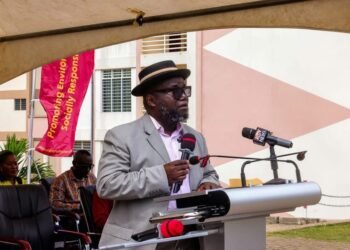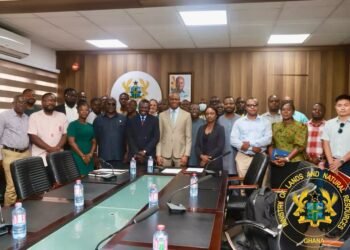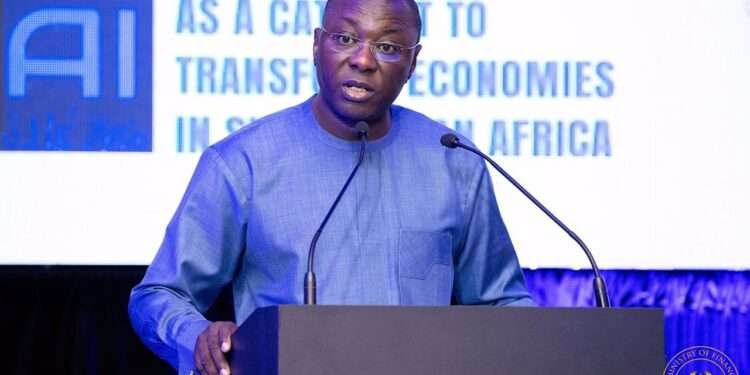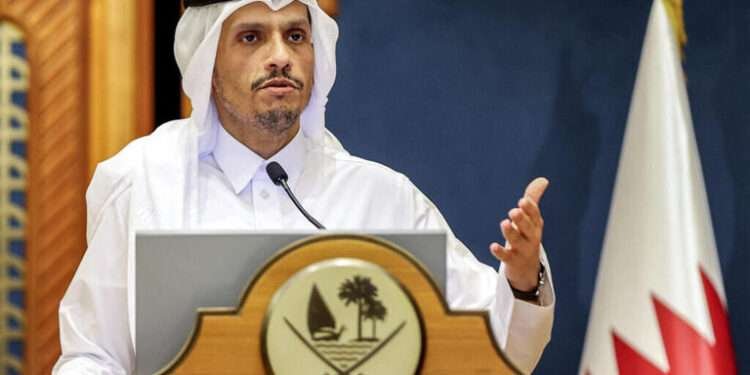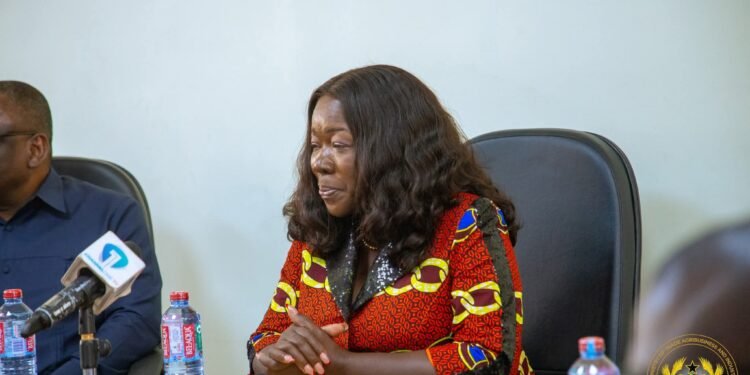The Chief Investment Officer (CIO) of the Jospong Group of Companies (JGC), Mr. Noah Gyimah, has called for greater emphasis on capacity building in carbon financing as a critical element for developmental projects.
Speaking during the session titled “New World of Carbon Markets: The Potential of Existing Infrastructure and Impact of Investments in the Green Economy,” Mr. Gyimah highlighted the importance of equipping stakeholders in both the private and public sectors with the necessary skills and knowledge to effectively harness carbon financing opportunities.
Mr. Gyimah underscored that without adequate capacity building, conversations around climate change risk remaining theoretical and failing to translate into actionable, fundable projects.
“If that is not done, it becomes a matter of just talking about climate change without knowing what it takes to commercialize these activities to attract capital.”
Mr. Noah Gyimah, CIO of the Jospong Group of Companies
Capacity building, he argued, involves developing technical expertise, financial modeling skills, and data infrastructure necessary to make climate projects attractive to carbon financiers.
These capacities, particularly in project finance, data collection, and technology integration, are essential for countries like Ghana to reach the level of sophistication required to unlock substantial climate-related funding.
Mr. Gyimah highlighted the Jospong Group’s recent success in securing $20 million in carbon financing from the Swiss Government, facilitated by the Ghanaian Government. This achievement was made possible through a multidisciplinary approach, combining technical expertise from scientists with sustainable finance professionals.
“Through a combination of technical expertise from scientists together with sustainable finance experts, we calculated carbon emissions and converted them into a financial model.
“This model demonstrated that remediating a certain volume of CO2 equates to a specific monetary value.”
Mr. Noah Gyimah, CIO of the Jospong Group of Companies
This success serves as a testament to the viability of carbon financing for developmental projects, provided that the necessary capacities are developed.
Central to Mr. Gyimah’s advocacy was the role of data and technology in driving carbon financing and environmental sustainability. He emphasized that accurate data is crucial for proving the impact of waste management and carbon reduction initiatives.
“All of these are data-driven. If you mention that you are going to remediate 1.5 metric tons of CO2 and this amount of waste, I need to have data to prove it.”
Mr. Noah Gyimah, CIO of the Jospong Group of Companies
Mr. Gyimah highlighted the potential of technologies such as artificial intelligence (AI) to simulate data and optimize waste management processes.
Jospong’s Waste Management Innovations
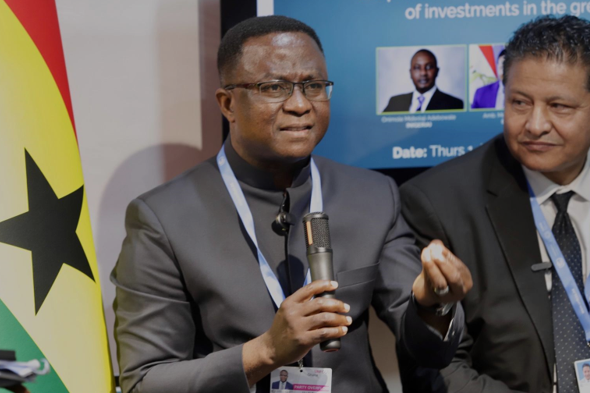
Jospong Group has been at the forefront of innovative waste management solutions, with an emphasis on waste segregation, recycling, organic fertilizer production, and transfer loading stations. These initiatives serve as practical examples of how sustainable practices can be integrated into everyday operations to reduce carbon emissions.
Waste segregation, he noted, is a critical first step: “Waste segregation starts at the source, and there is a need for separate bins.”
To encourage proper waste segregation, Mr. Gyimah suggested policy measures such as subsidized bins and buyback programs. The group’s investments in waste aggregation facilities close to communities have also proven pivotal in facilitating effective waste treatment and recycling.
In his closing remarks, Mr. Gyimah stressed the importance of collaboration among individuals, governments, and private entities to tackle climate challenges.
He also reiterated the need for comprehensive data systems and advanced technologies to support the documentation and validation of carbon reduction efforts.
For Ghana and other developing countries, prioritizing capacity building in carbon financing is not just a necessity but a strategic imperative to secure funding, drive sustainable projects, and contribute to global climate action.
Mr. Noah Gyimah’s insights illuminate a clear path forward for harnessing the transformative potential of carbon financing. His call for capacity building reflects a broader recognition that technical expertise, robust data systems, and innovative solutions are vital to achieving tangible climate outcomes.
READ ALSO: T-bill Undersubscribed After Six Weeks: Trouble or Temporary Blip? Analyst Weighs In






